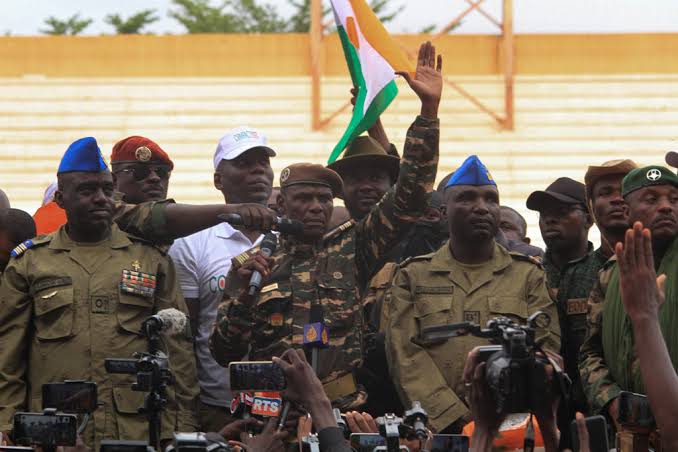France, under President Emmanuel Macron’s leadership, has announced its plans to conclude its military presence in Niger and withdraw its ambassador from the country following the ousting of Niger’s democratically elected president in a coup. This decision marks a significant development in France’s African policy, particularly after similar troop withdrawals from Mali and Burkina Faso in recent years due to coup incidents. In response to requests from African leaders to combat jihadist groups, France had deployed a considerable force of troops in the region.
Since the coup took place in July, France has maintained approximately 1,500 troops in Niger and consistently refused the new junta’s demand to recall its ambassador, disputing the legitimacy of the coup leaders. Tensions between France and Niger, a former French colony, have escalated in recent weeks, with reports of diplomats relying on military rations while taking refuge in the embassy.

During an interview with France-2 television, President Macron disclosed that he had spoken to the ousted President Mohamed Bazoum, conveying France’s decision to recall its ambassador and bring back several diplomats to France. Macron further emphasized the termination of military cooperation with the Niger authorities, outlining a gradual troop withdrawal likely to be completed by the end of the year.
He highlighted that France’s military presence in the west African country had initially been established in response to a request from Niger’s government at that time.
Following the coup, military cooperation between France and Niger had been suspended, with the junta leaders asserting that Bazoum’s government had failed to adequately address the insurgent threat in the country. In August, the junta issued a 48-hour ultimatum for French Ambassador Sylvain Itte to leave Niger.
However, as France did not recall him within the specified timeframe, the coup leaders subsequently revoked his diplomatic immunity. The junta is presently facing sanctions imposed by Western and regional African powers.
In a separate development, the military government that seized power in the west African country accused U.N. Secretary-General Antonio Guterres of impeding the country’s full participation at the U.N.’s annual meeting of world leaders in New York, alleging that it was done to appease France and its allies.
